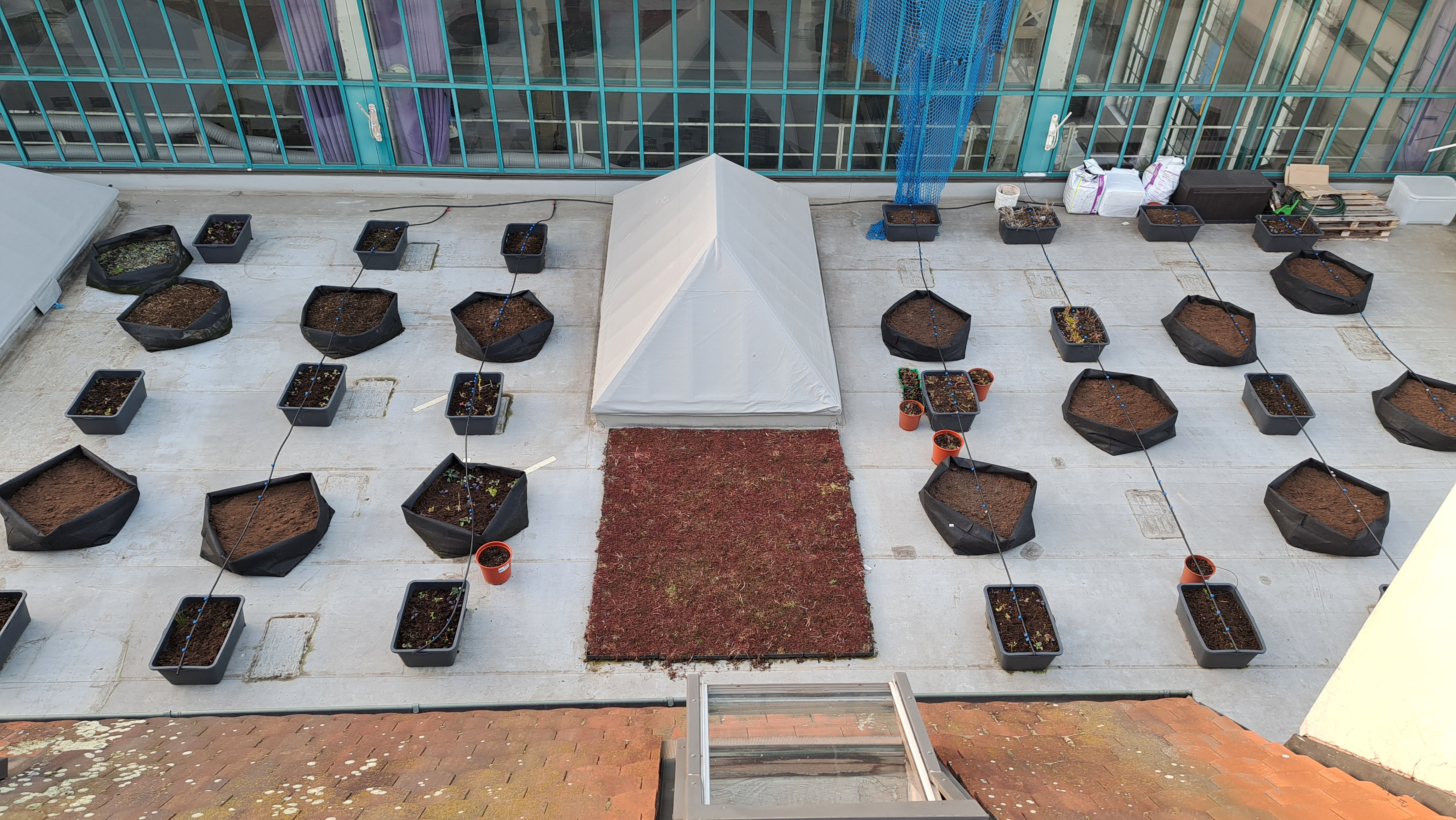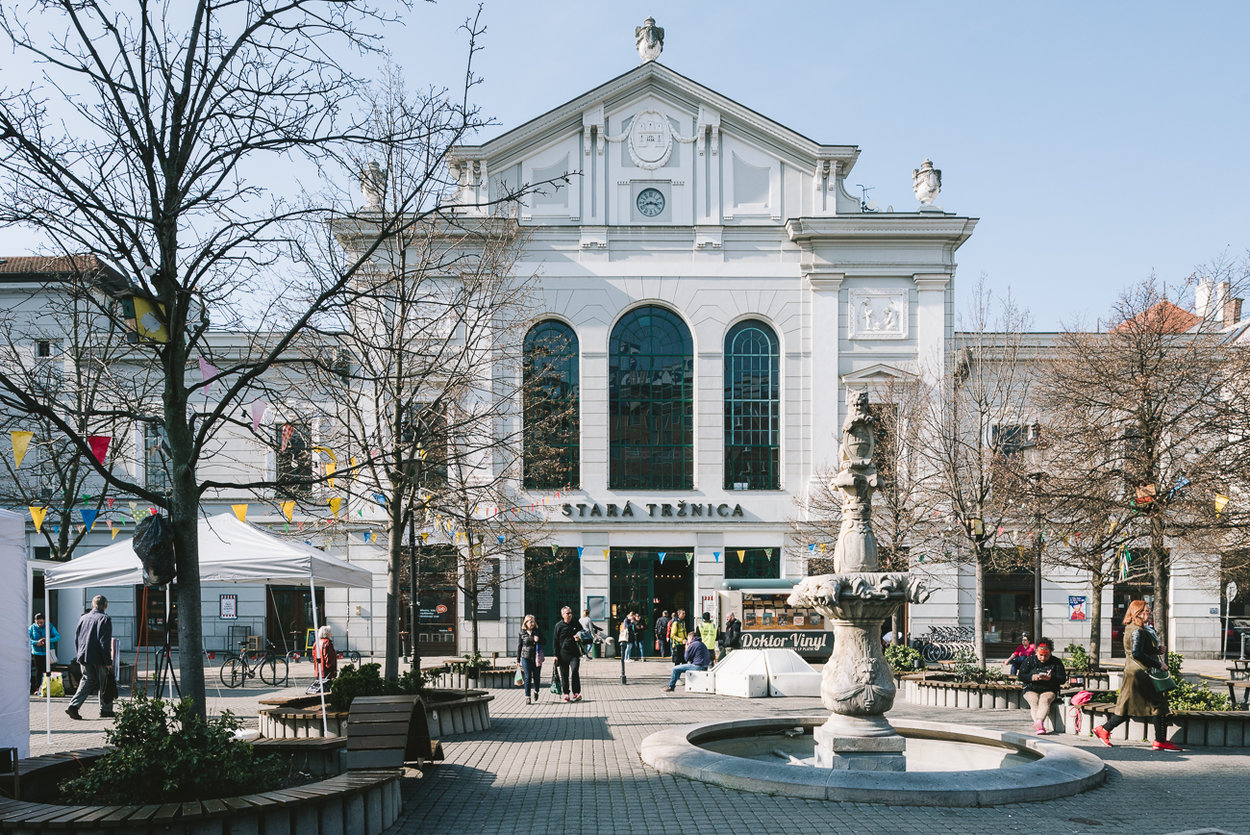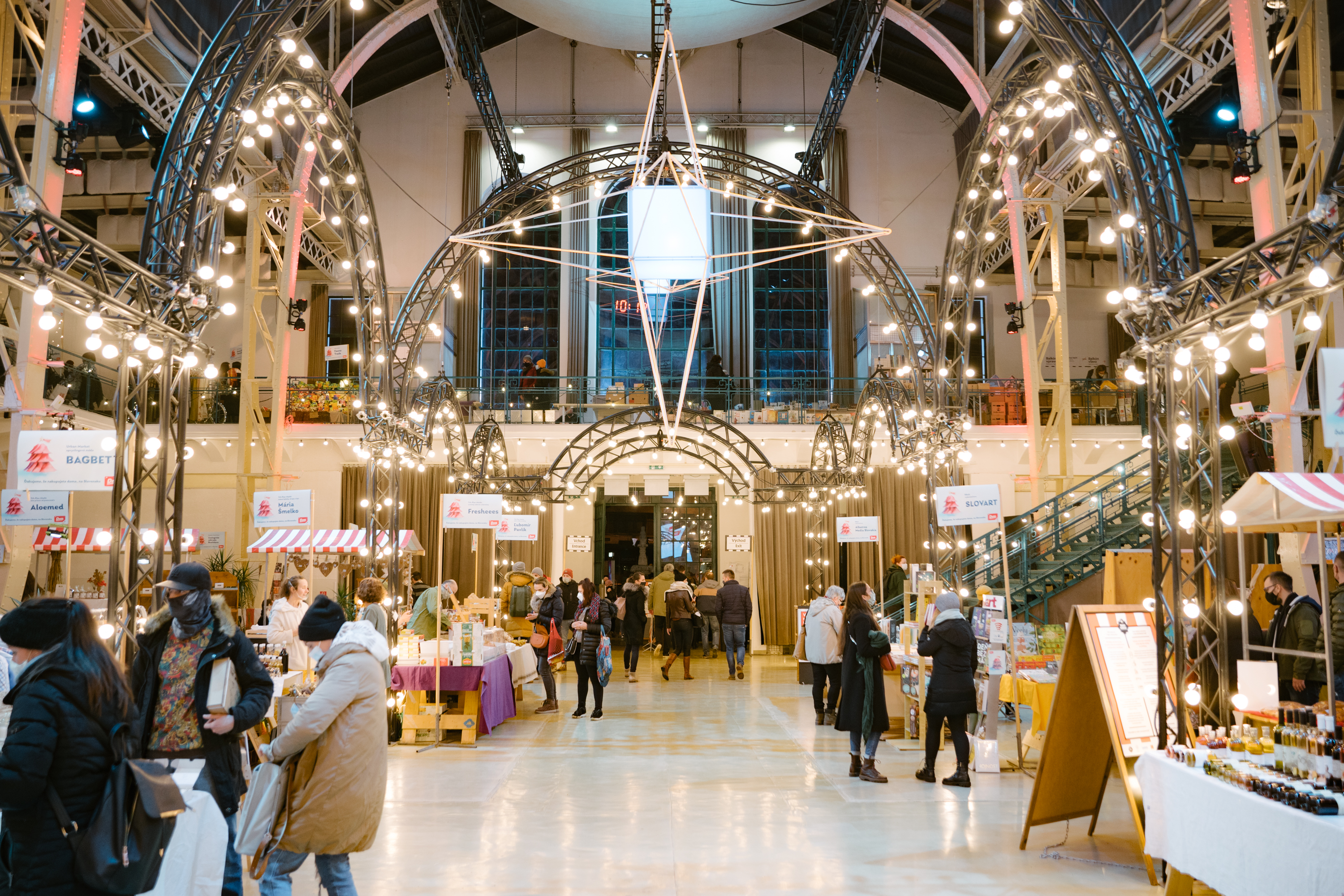Although nature has been sleeping until now, quite a lot has happened in the Old Market since the beginning of the year. We already have 8 market Saturdays with quality food, products and a rich program. The period before the beginning of Lent, in cooperation with the Bratislava Magistrate and BKIS, we celebrated the zero year of the Bratislava Carnival and we also managed to remember two sad anniversaries - one year since the beginning of the war in Ukraine and five years since the murder of Ján Kuciak and Martina Kušnírová.
What is ahead?
In these weeks, we are launching the second year of the community garden on the roof. There is still an opportunity to join us. If you are interested in this, just come to one of the meetings, where you will learn all the details. We always announce the meetings on our Facebook page as a public event. If you are interested in coming only once, without commitment to become a grower, you also have the option to join. You can experience a short tour of our garden during tours of the Old Market under the name Invisible Market. These are held once a month, and in addition to the garden on the roof, you can also visit the composter in the basement, Oáza, the Shenk brewery, or the chapel on the square in front of the Old Market.

This month also sees the first Streetfoodpark and the market will be filled with artisans and designers during the Sashe in the Market event. Even outside the events, however, there is still plenty to do around the market. In addition to routine repairs and maintenance, our team has been working on a new building energy project for over a year. The old gas heating already needs to be replaced, and since we want to keep up with the times and ensure sustainability (not only for the Market hall), we are investigating the possibilities of supplementing the gas heating with electric heating using a heat pump and solar panels.
We are also gradually evaluating various data from last year and, among other things, we discovered that thanks to the composter we processed 4300 kg of organic waste, which would otherwise have ended up in municipal waste. From this waste, we produced 1100 kg of organic fertilizer - compost, which growers will receive from our market vendors. Nutrients are thus returned to the soil and the circle is closed. We are also working to be able to pack the organic fertilizer created and sell it to market visitors for home use for a nominal amount.
.jpg)





